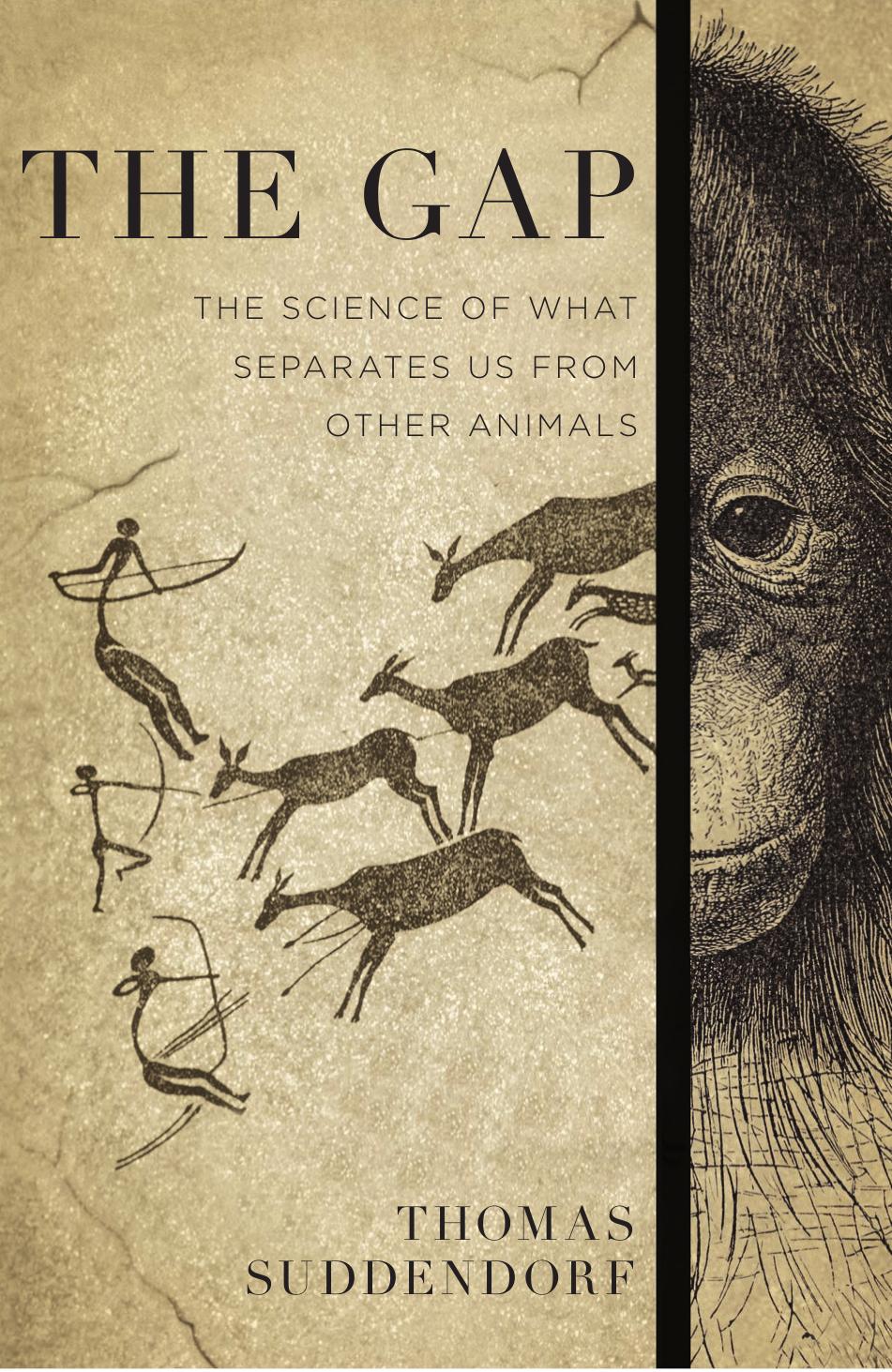The Gap by Thomas Suddendorf

Author:Thomas Suddendorf [Suddendorf, Thomas]
Language: eng
Format: epub, mobi, pdf
ISBN: 9780465069842
Publisher: Basic Books
NINE
Right and Wrong
Of all the differences between man and the lower animals, the moral sense or conscience is by far the most important.
—CHARLES DARWIN
I GREW UP IN A small town in Germany in a house that my grandmother built with her own two hands after the war. She was alone with her two girls at the time—my grandfather had been killed on the eastern front. The old house had been destroyed by bombing. My mother, seven years old in 1945, hid for days with her younger cousin in a hole in the ground as the bombs rained down. She never liked to talk about the war, but as I grew up, I started to question why anyone would have ever wanted to drop bombs on our town. It is difficult to describe how painful it was to discover that my people, even if not my family members, were responsible for arguably the most heinous genocide in history. Learning that the nice old man down the road used to be an SS officer disgusted me and made me skeptical about any elderly Germans. When I first set foot in a concentration camp as a teenager and saw for myself the furnaces in which people were burnt, I cried in despair at humankind.
Morality is the division of thoughts and behaviors into right and wrong. We have a conscience with which we evaluate our choices and those of others. If the moral sense is the most important difference between human and animals, as Darwin proclaimed, how can people commit such atrocities? Of course, humans violate at times what their own conscience dictates. Most ordinary drafted soldiers, like my grandfather, simply had no choice but to follow orders, short of rebellion or desertion. Stuck in such a situation, many of them, no doubt, believed the propaganda, seeing themselves as the good guys—as difficult as that may be to imagine.1 But what about those who committed the worst atrocities? Surely the guards at the concentration camps could not possibly have killed so many innocent, defenseless people and thought they were doing the right thing? Had they—and other perpetrators of such atrocities in history—lost their capacity for empathy and compassion, their conscience and morality?
In his diary, the concentration camp doctor Johann Kremer described the deep bond he felt with his poor little canary. When the bird died, he noted the endless sympathies he experienced as it succumbed to its agonies. In other entries, he outlines his gruesome work at Auschwitz, such as removing the organs of the executed. One of the most notoriously brutal concentration camp guards was one Hildegard Lächert, aka Bloody Brigitte, who also was a nurse and mother of three. It seems that even these people were not amoral—they had compassion, and they helped others, but they did not apply their morals to the humans in their camp.2 Victims were construed as vermin, toward whom they could act in ruthless ways.
We argue a lot about what is moral and what is immoral. Yet it seems humans generally have some morals, however skewed they may appear to be.
Download
The Gap by Thomas Suddendorf.mobi
The Gap by Thomas Suddendorf.pdf
This site does not store any files on its server. We only index and link to content provided by other sites. Please contact the content providers to delete copyright contents if any and email us, we'll remove relevant links or contents immediately.
| Amphibians | Animal Behavior & Communication |
| Animal Psychology | Ichthyology |
| Invertebrates | Mammals |
| Ornithology | Primatology |
| Reptiles |
Sapiens: A Brief History of Humankind by Yuval Noah Harari(13053)
The Tidewater Tales by John Barth(12030)
Do No Harm Stories of Life, Death and Brain Surgery by Henry Marsh(6336)
Mastermind: How to Think Like Sherlock Holmes by Maria Konnikova(6236)
The Thirst by Nesbo Jo(5785)
Why We Sleep: Unlocking the Power of Sleep and Dreams by Matthew Walker(5642)
Sapiens by Yuval Noah Harari(4537)
Life 3.0: Being Human in the Age of Artificial Intelligence by Tegmark Max(4508)
The Longevity Diet by Valter Longo(4445)
The Rules Do Not Apply by Ariel Levy(3906)
The Immortal Life of Henrietta Lacks by Rebecca Skloot(3826)
The Body: A Guide for Occupants by Bill Bryson(3802)
Why We Sleep by Matthew Walker(3773)
Animal Frequency by Melissa Alvarez(3755)
Yoga Anatomy by Kaminoff Leslie(3701)
Barron's AP Biology by Goldberg M.S. Deborah T(3632)
The Hacking of the American Mind by Robert H. Lustig(3580)
All Creatures Great and Small by James Herriot(3516)
Yoga Anatomy by Leslie Kaminoff & Amy Matthews(3396)
